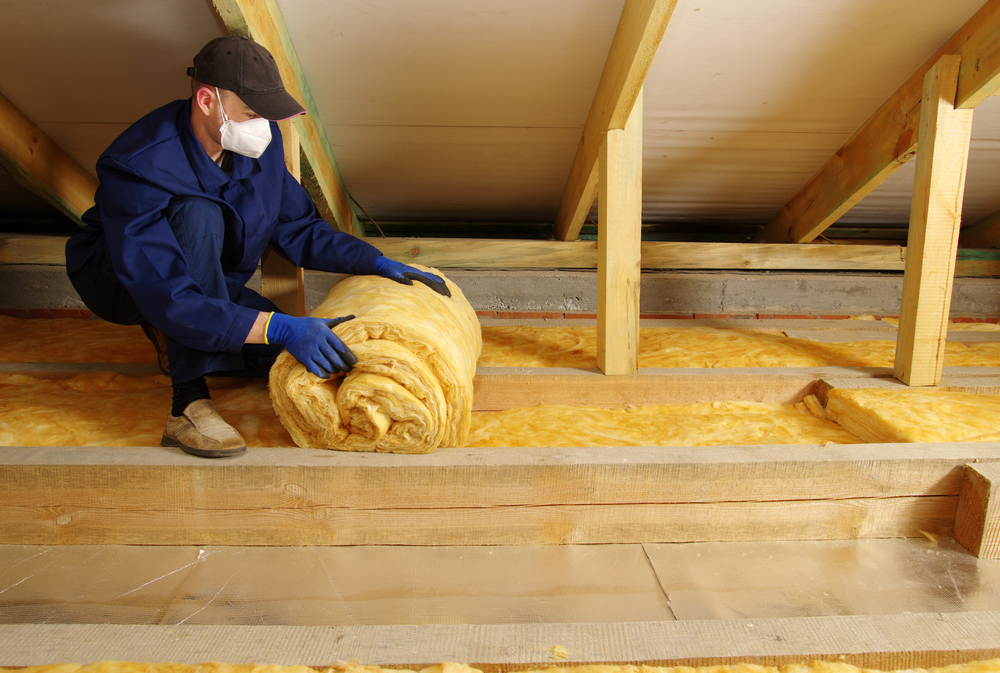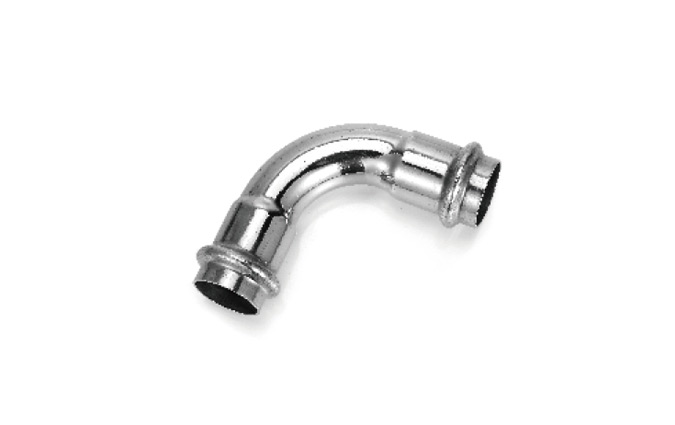When it comes to insulating our homes or buildings, safety is a top priority. With numerous insulation materials available in the market, it can be challenging to determine which ones are the safest and most effective. In this blog post, we will delve into the world of insulation and explore the safest options that not only provide excellent thermal performance but also meet the stringent safety standards. So, let's dive in and discover what the safest insulation materials are and why they are the best choice for your insulation needs.
- Fire Safety:
One of the primary concerns when choosing insulation is its fire safety properties. The safest insulation materials are those that are non-combustible or have a high fire resistance rating. Materials like mineral wool, fiberglass, and cellulose insulation are known for their excellent fire safety characteristics. They are designed to resist the spread of flames and can help protect your property in the event of a fire. - Indoor Air Quality:
Another crucial aspect of safe insulation is its impact on indoor air quality. Some insulation materials can release harmful volatile organic compounds (VOCs) or fibers into the air, which can pose health risks. Opting for insulation materials that have low VOC emissions and are certified as low-emitting can significantly improve indoor air quality. GreenGuard Gold certified insulation products, such as certain types of fiberglass and mineral wool, are excellent choices for maintaining a healthy indoor environment. - Moisture and Mold Resistance:
Moisture and mold can wreak havoc on buildings, leading to structural damage and health issues. Choosing insulation materials that are resistant to moisture and mold growth is essential for a safe and durable insulation system. Closed-cell spray foam insulation and extruded polystyrene (XPS) insulation are known for their excellent moisture resistance properties. They create a barrier against water infiltration, preventing mold growth and maintaining a safe indoor environment. - Environmental Impact:
In addition to safety, considering the environmental impact of insulation materials is crucial. Opting for eco-friendly and sustainable options can contribute to a healthier planet. Natural insulation materials like sheep's wool, cotton, and cellulose insulation made from recycled paper are excellent choices for those seeking safe and environmentally friendly insulation solutions. These materials have low embodied energy, are renewable, and have minimal impact on the environment.
Conclusion:
When it comes to insulation, safety should be a top priority. By choosing the right insulation materials, you can ensure a safe and healthy indoor environment while also reducing energy consumption and environmental impact. Materials like mineral wool, fiberglass, cellulose insulation, closed-cell spray foam, and eco-friendly options like sheep's wool and cotton insulation are among the safest choices available. Remember to consult with professionals and consider your specific needs before making a decision. Stay safe, stay insulated!


